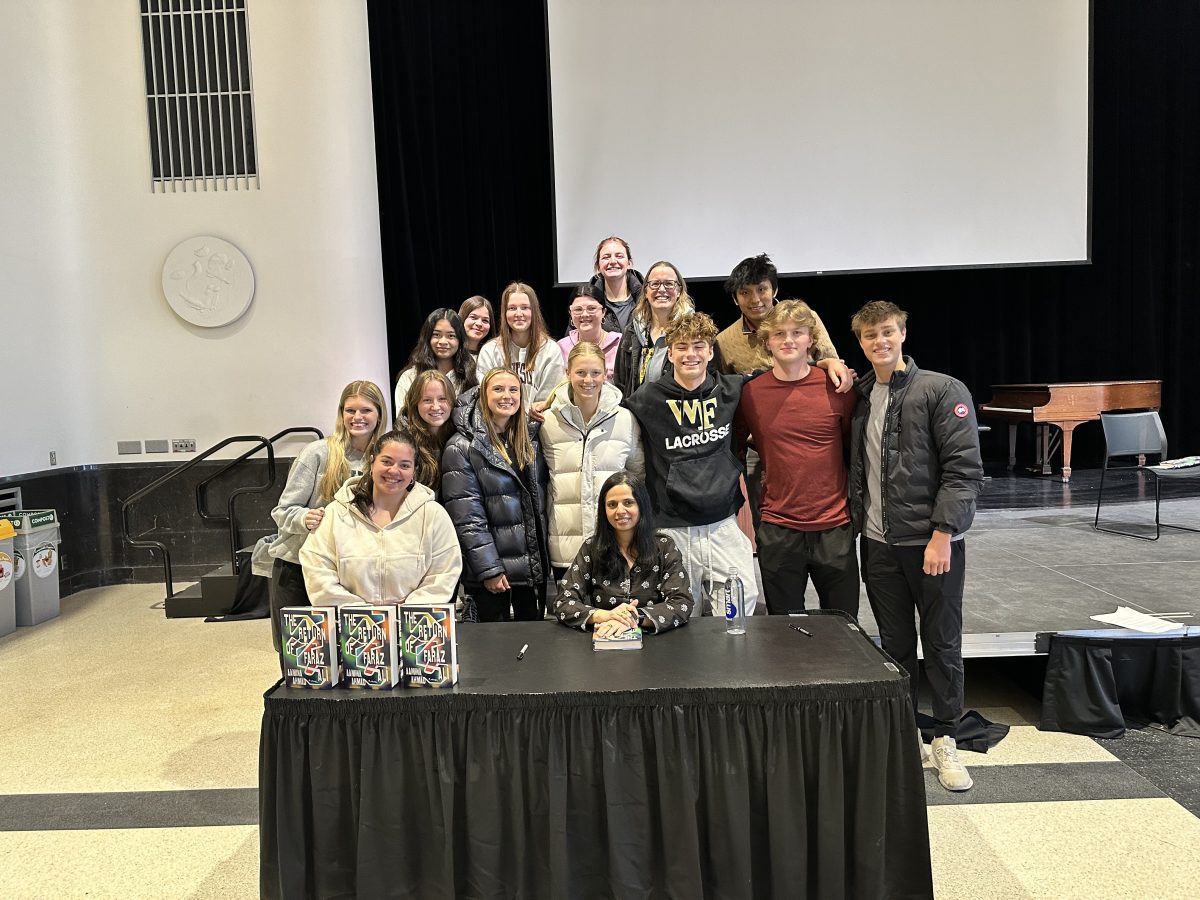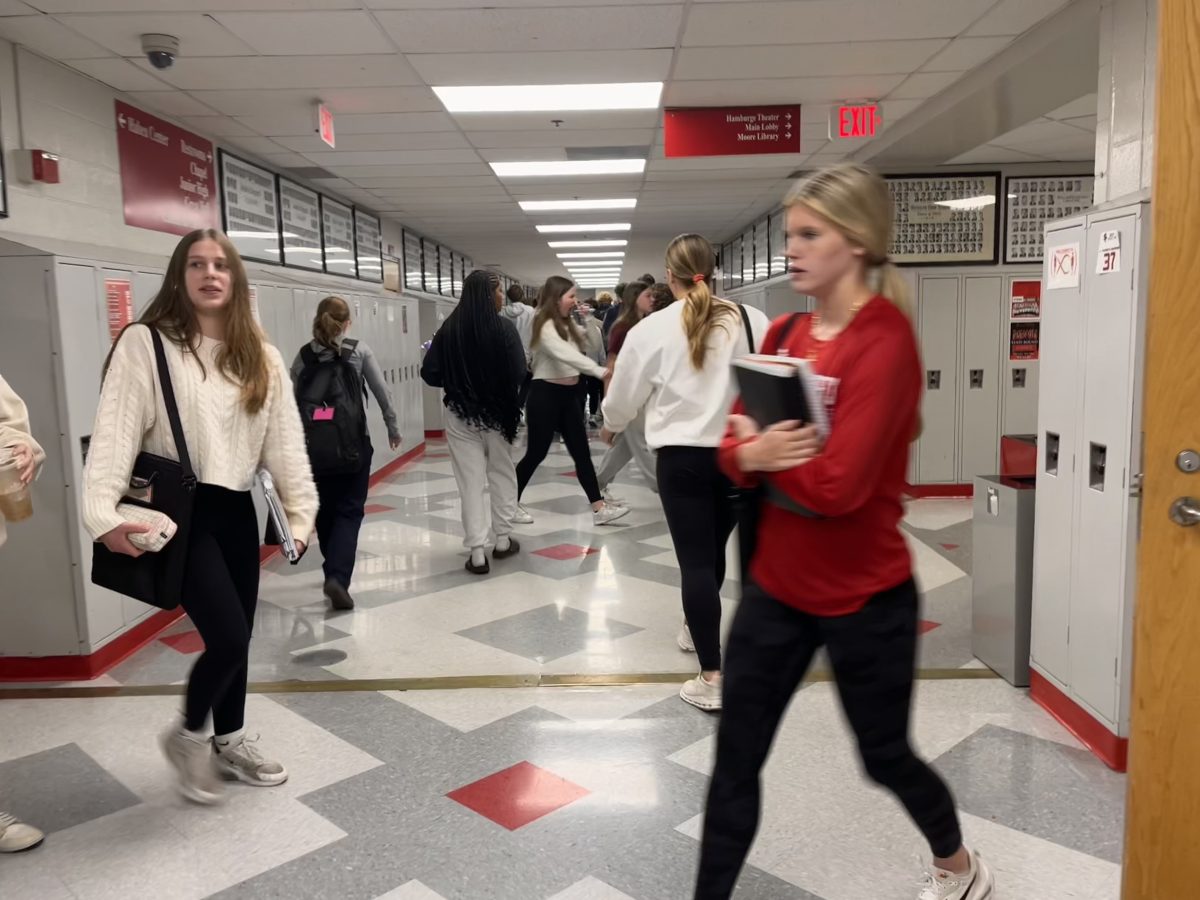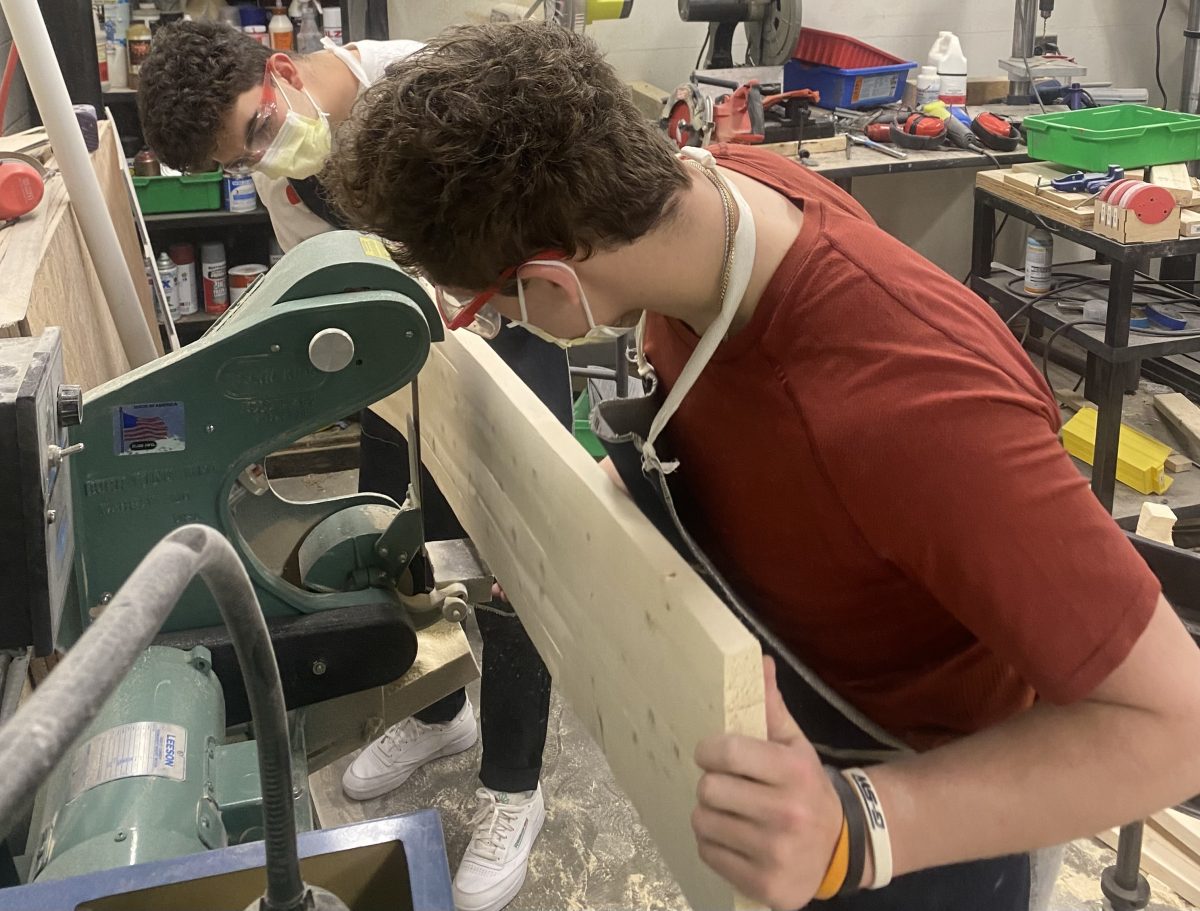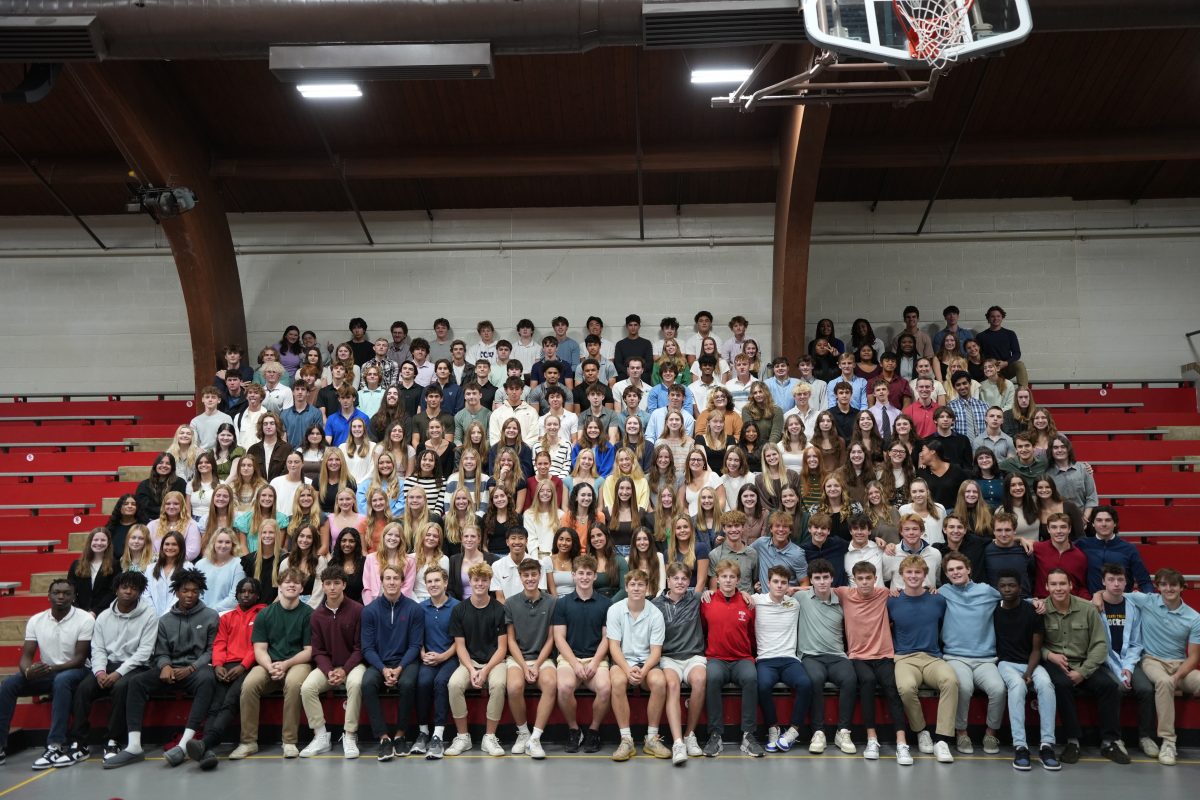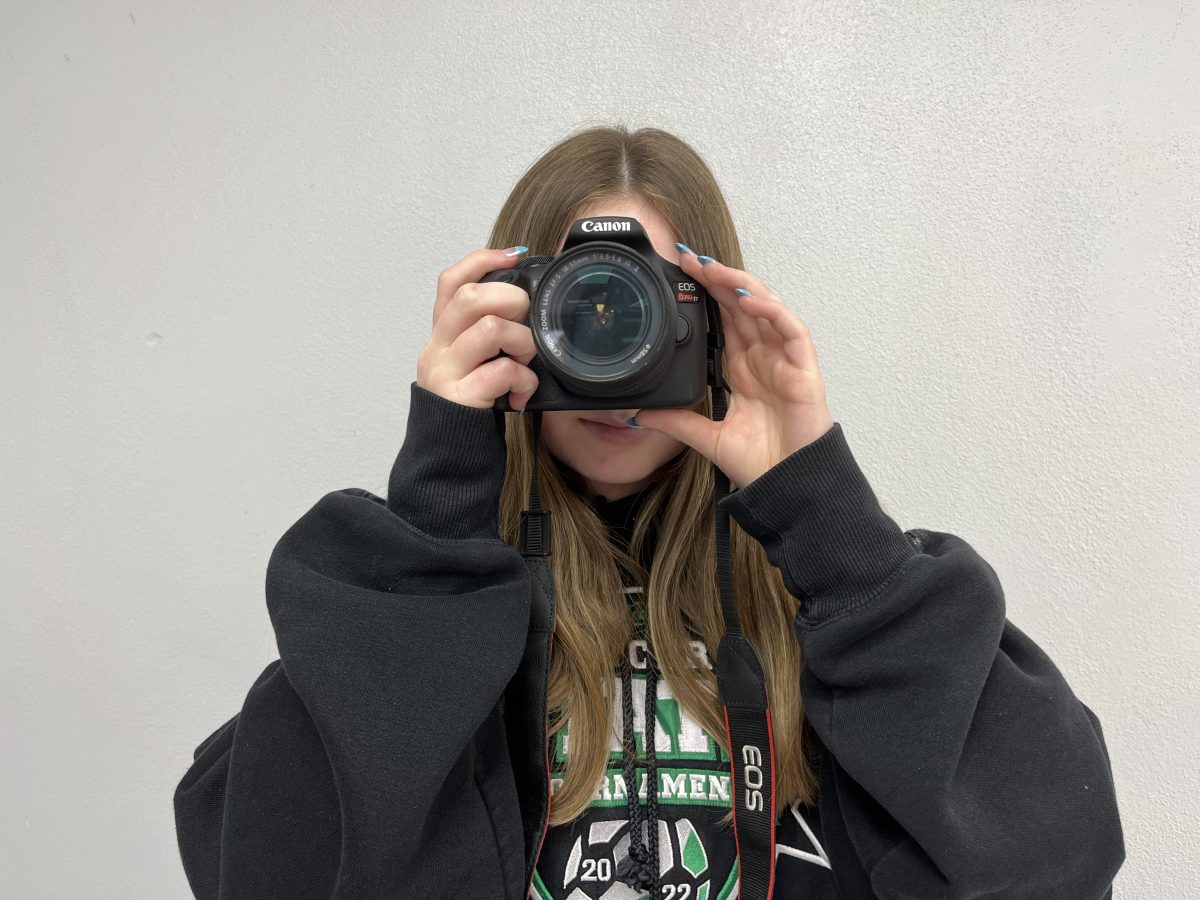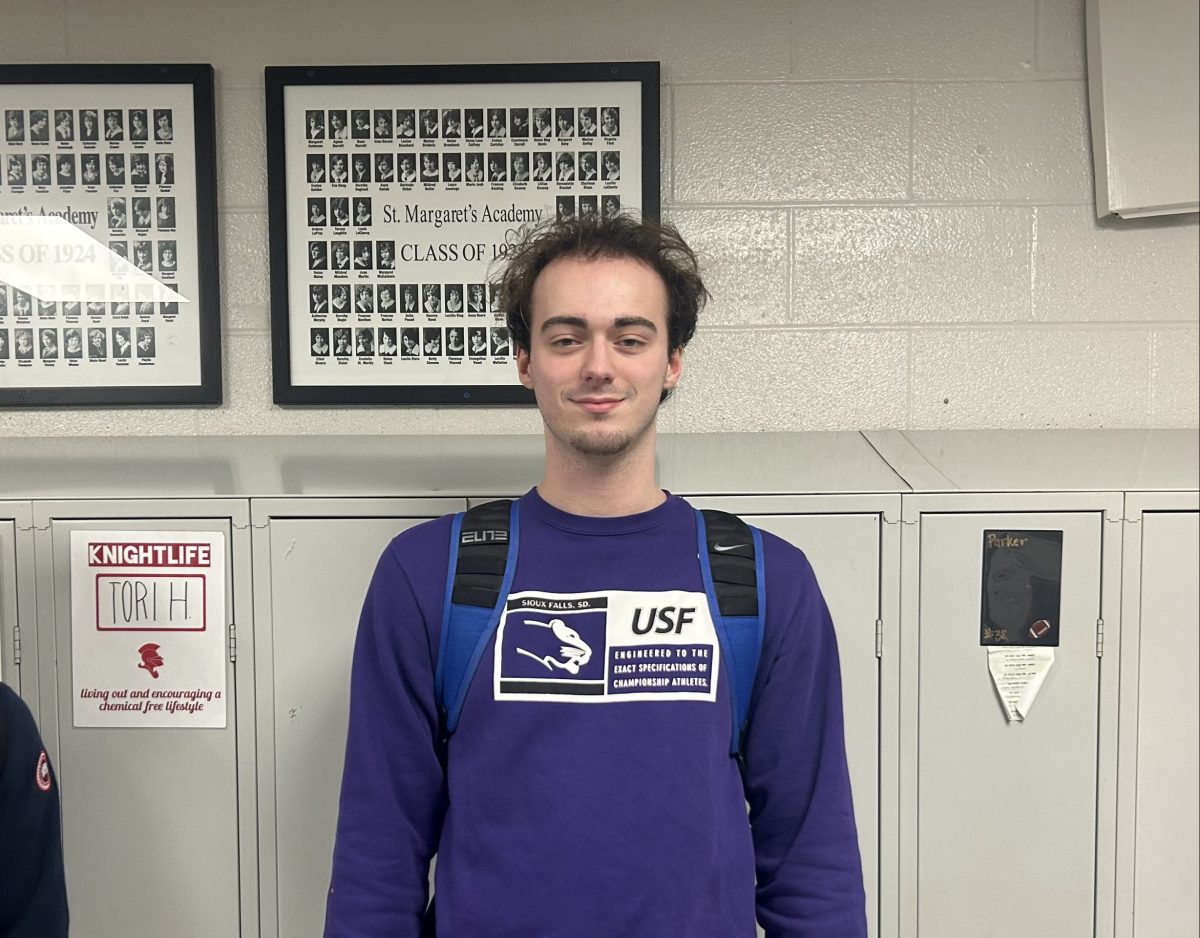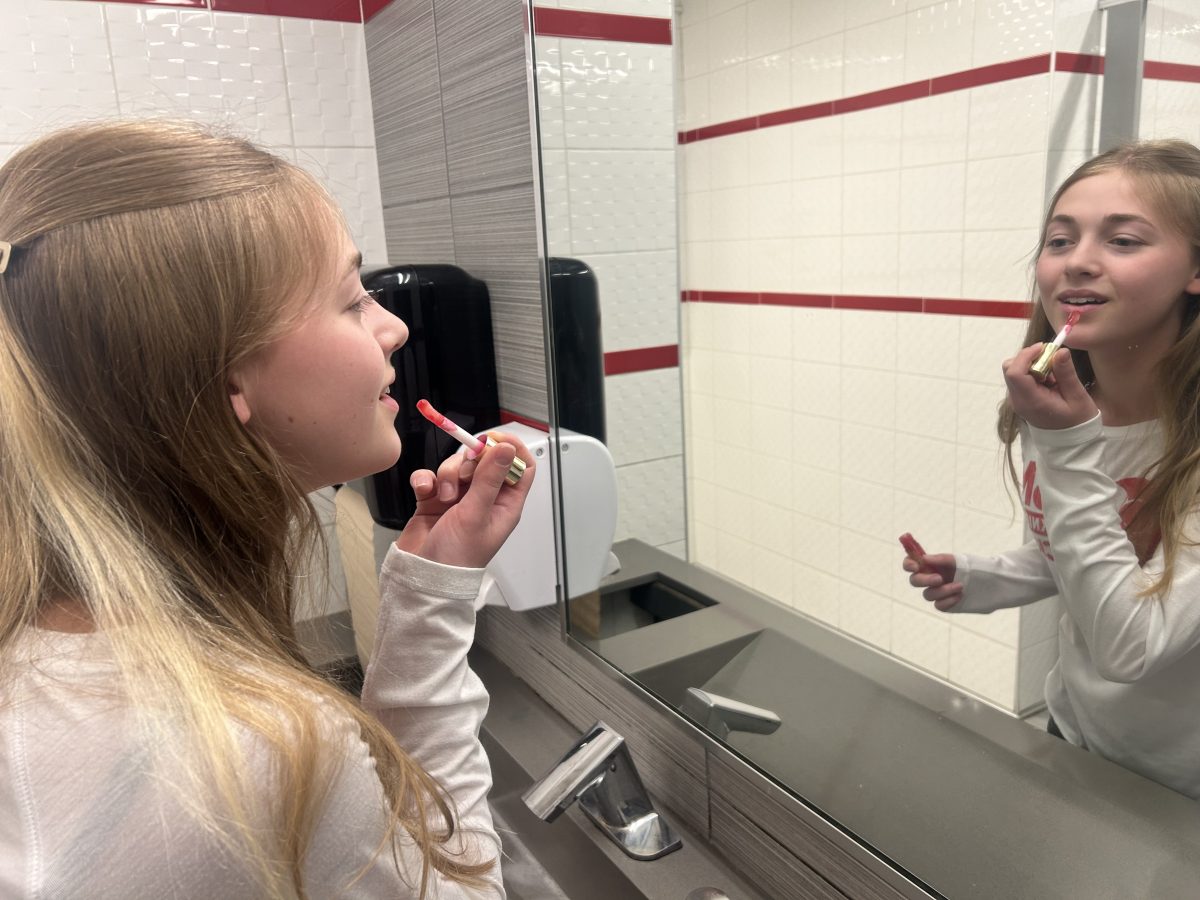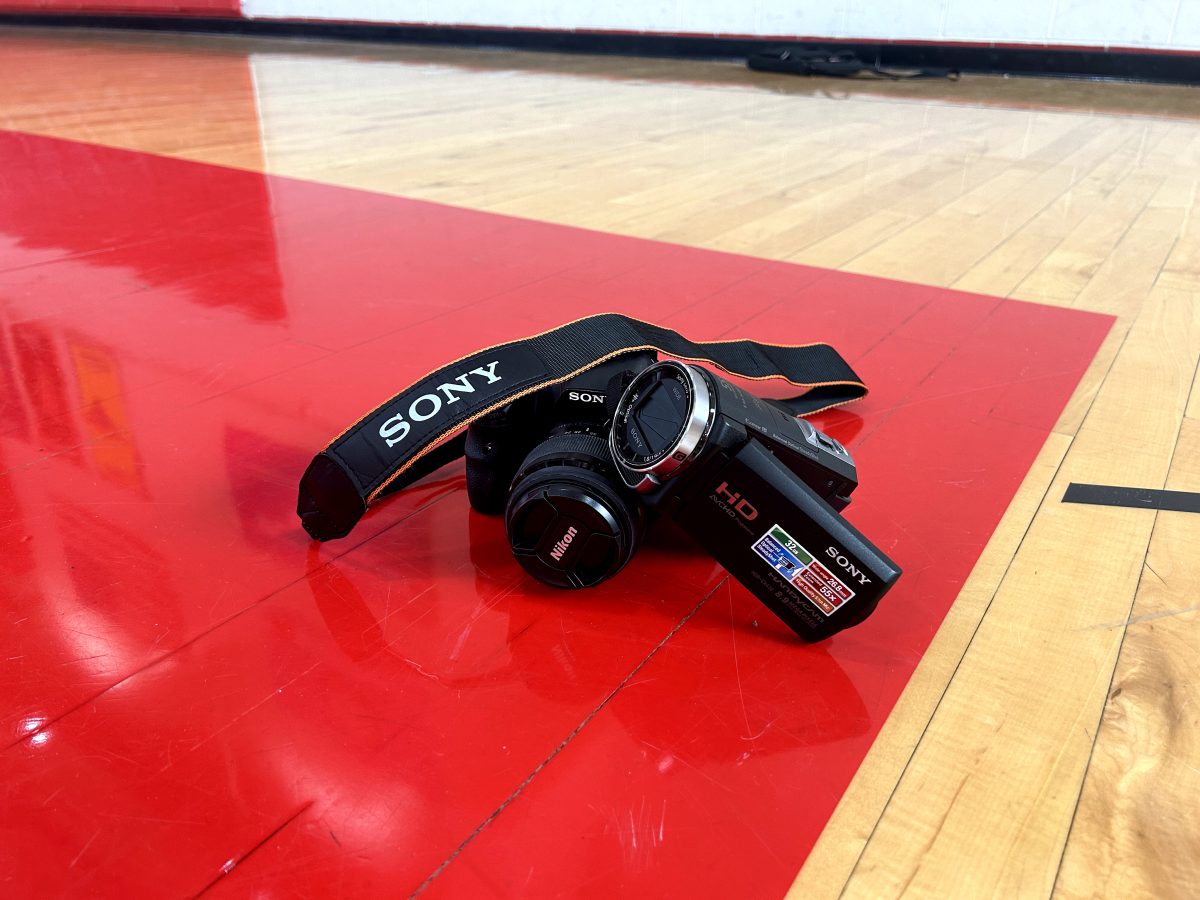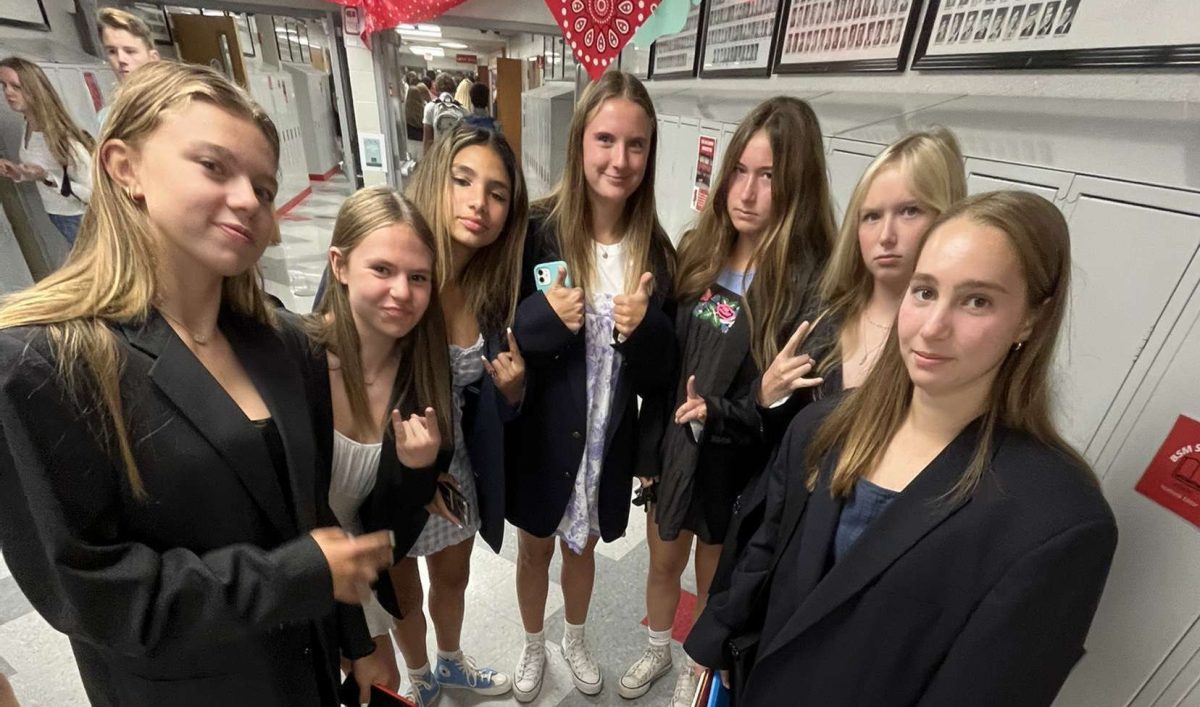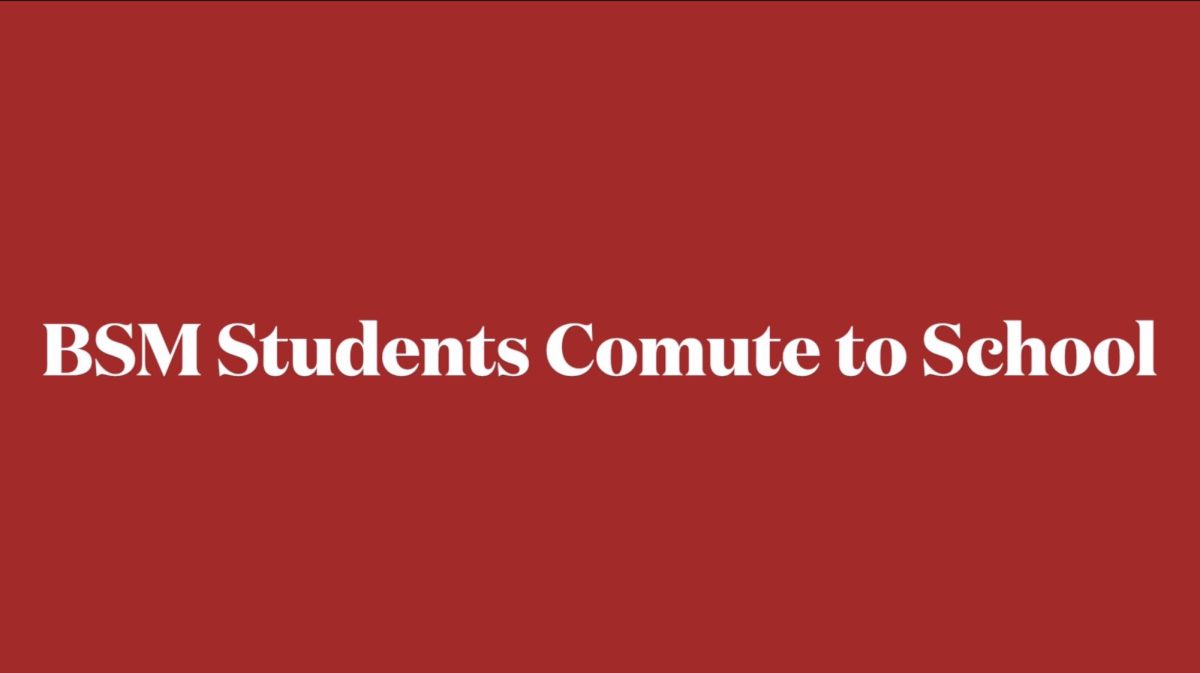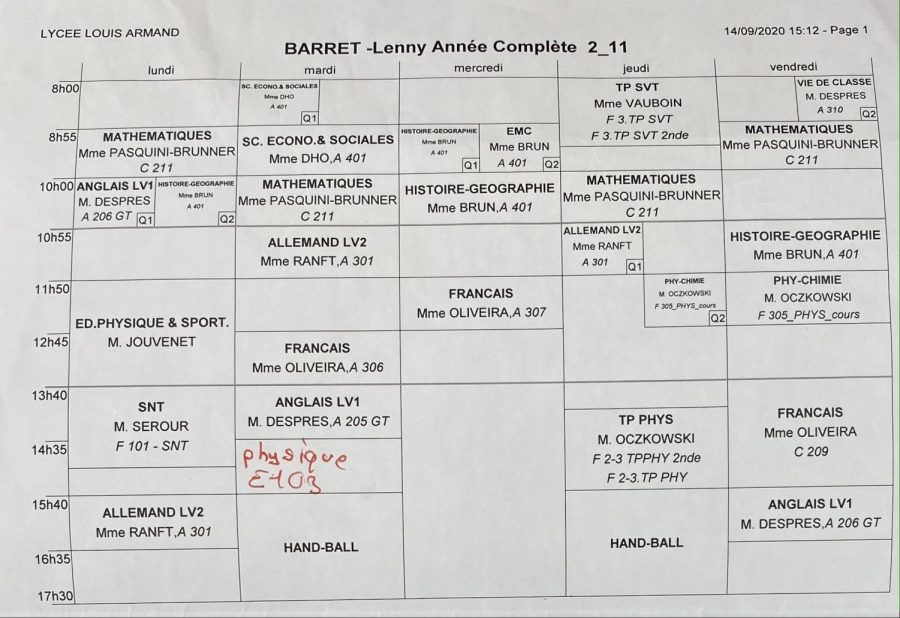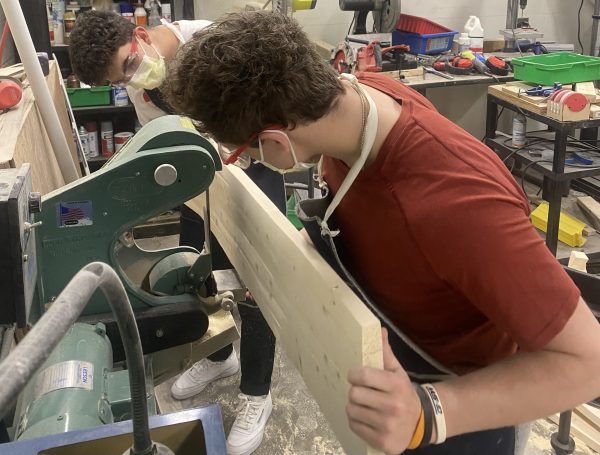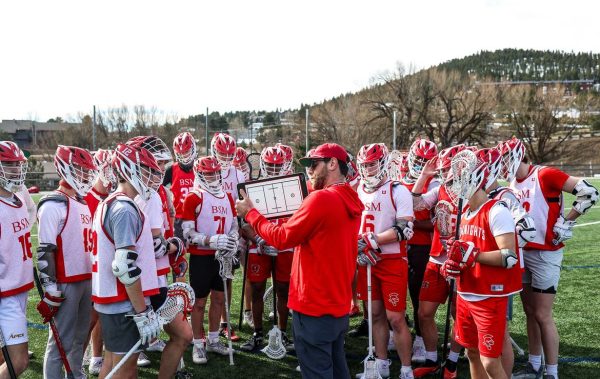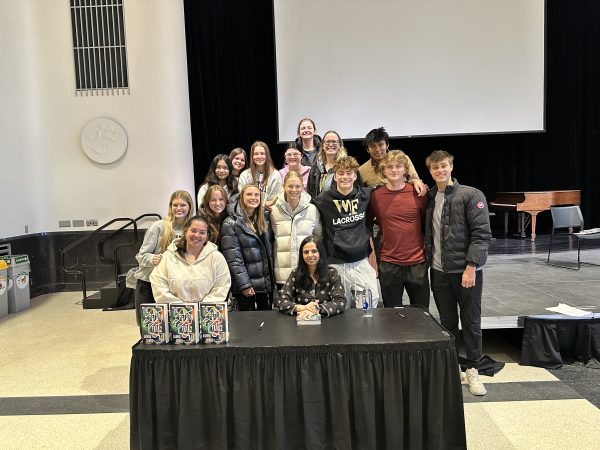International student Lenny Barret hones his English speaking skills at BSM
A typical school schedule for a student in France.
Although many countries’ borders and schools remain closed, BSM enticed a young French student to attend his second semester in the U.S.
Lenny Barret joins us from Lyon, the third-largest city in France. Lenny Barret arrived in the U.S in early January and will depart in the middle of July. For now, he lives with his host family and BSM sophomore, Bjorn Stephany.
The two met last year when Lenny Barret’s family hosted Bjorn Stephany in France as a part of his study abroad. Now, Lenny reciprocates Bjorn in attending BSM as a sophomore for the second semester. He was overjoyed when his family allowed him to travel to the U.S despite their doubts when he had asked to come to the U.S in seventh grade to learn English. “I had wanted to learn English, but my parents thought six months was too long to be away from home. Last year my father decided to bring me to an exchange station to find a host family so I could travel to the U.S,” Barret said.
To implement more of a learning experience, Barret challenges himself to speak in English at all times at home with his exchange family. “It is forbidden for me to speak French at home,” Barret said.
As someone who has been in Barret’s shoes, Bjorn Stephany understands a lot of Barret’s experiences. “France was very fun, and it was great for my French. I liked it so much, me and my family are moving to France this summer for at least three years. It is cool to have Lenny living with me. I watch him progress in English every day,” Stephany said.
Back home, Barret lives with his younger brother Loris, his mother Candice, and his father, Yohann. The four of them live alongside their two pets Tokyo and London. In his free time, Barret enjoys snowboarding, playing hand-ball, and participating in cross country skiing, which he could do here at BSM.
Being exposed to a different cultural frame allows you to have a wider view of the world; this type of experience can be life-changing in that it helps you understand that you are a product of your own culture, family history.
— Frederique Toft
Barret attends a public school back home in Lyon. He arrives at school at 8 am and leaves at 5:30 pm after his hand-ball practice; sports are incorporated into the student’s everyday schedule. His school is constructed with four large buildings that enclose a courtyard or Jardin. Students walk amongst the courtyard to go to class, or they use the space to socialize during their hour and a half lunch break. Eating is a large aspect of French culture that promotes social interaction outside of a workspace, hence the long break.
In France, Barret attends a public school where most sports excel beyond those of private schools. However, both schools are viewed alike educationally. Similar to the U.S, their private schools identify with a specific religious group and require a payment to attend. “It costs 500-1,000 euros [$595-$1,191] to attend private school. It is nothing like in the U.S where you pay $30,000 for private school,” Barret said.
Each year, BSM hosts students from all over the world. Though this year poses more challenges to ensure an educational experience for the students, it remains necessary to look upon the reason we participate in these programs. As a French teacher at BSM, Madame Toft finds these opportunities to be very beneficial. “Exchange programs are an amazing opportunity to learn about another culture, deepening your understanding of a foreign language and about yourself! This is especially beneficial when you’re a teen. You haven’t formed your view of the world yet, you are in a way deciding who you are going to be. Being exposed to a different cultural frame allows you to have a wider view of the world; this type of experience can be life-changing in that it helps you understand that you are a product of your own culture, family history,” Toft said.


